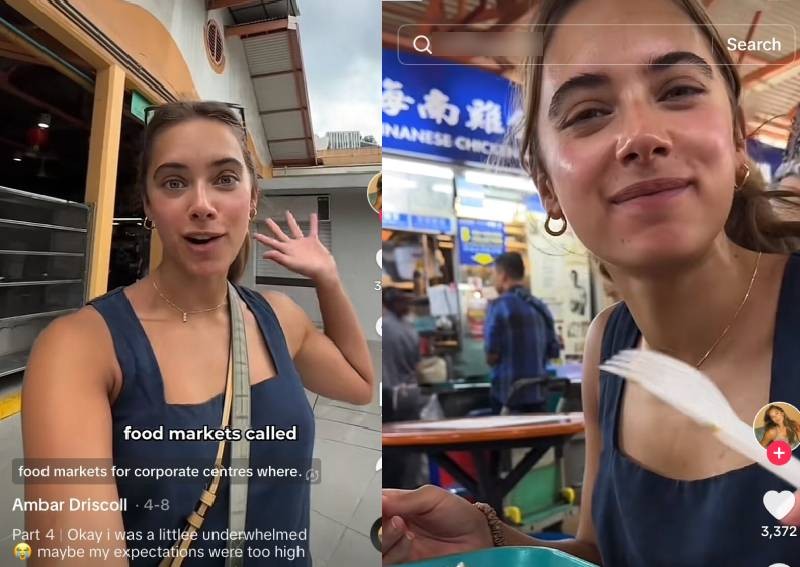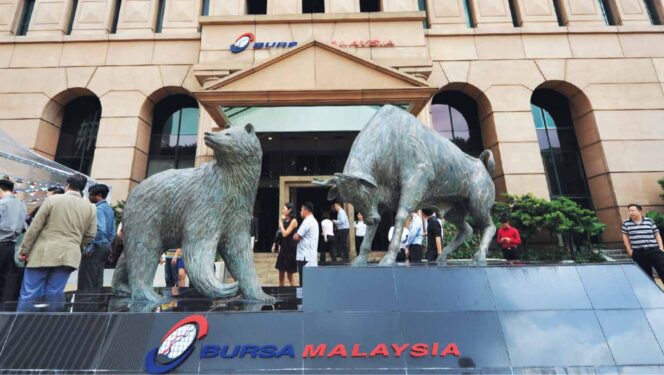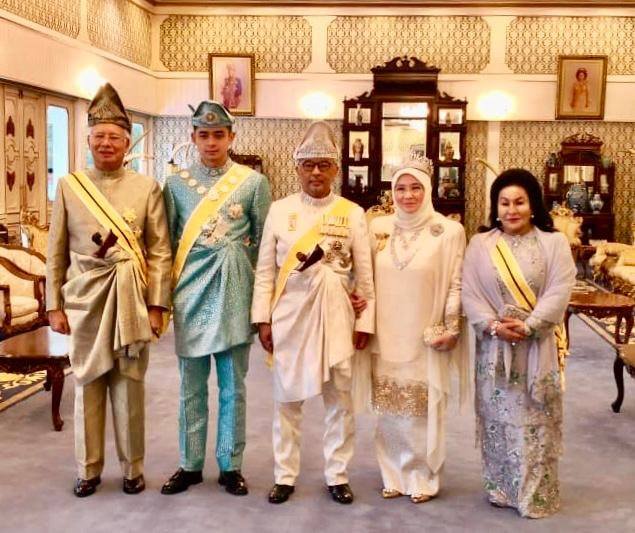By Tan Ming Luk
With some parts of Malaysia in either CMCO, TEMCO or EMCO, the hospitality industry continues to grapple with the unprecedented impact of COVID-19.
As such, the very future of the hospitality industry which is the backbone of domestic tourism in Malaysia remains at risk. Within the hospitality category, none seem to be more affected than the SMEs and micro-entrepreneurs who operate in this space.
The Economic Action Council’s prediction that the tourism sector will take at least four years to recover surely caused sleepless nights given the current state of the industry. At this point, hotel owners and operators do not need more loans.
What they need are incentives that help cushion the impact of the pandemic, ease cash flow and tide them over until they can get back on their feet.
While the implementation of the PENJANA action plan has helped steer the economy towards recovery, the focus on the tourism sector and in particular, on hospitality SMEs, has been limited.
The PENJANA Tourism Financing Facility does not offer a solution to the industry’s woes when it comes to dealing with challenges faced by local hotel owners and operators where almost 100% fall within the definition of an SME.
Providing support for our hospitality industry, particularly to SMEs and micro-entrepreneurs can have a positive ripple effect on Malaysia’s economy as many Malaysians are dependent on the hospitality industry – either directly or indirectly – to make ends meet.
In view of the upcoming Budget 2021, OYO Malaysia is proposing to the Government to support the recovery of the tourism industry in a safe and sustainable manner, through a three-prong response plan combining monetary and non-monetary aid.

Stimulate tourism
There is a need to stimulate business for tourism-related SMEs and micro-entrepreneurs in the short and mid-term. The best approach for that is not through taxation but rather through the provision of a more targeted benefit.
To that end, we propose a monetary incentive in the form of digital tourism vouchers worth RM200 to be used at hotels and attractions to encourage Malaysians to travel within the country to support hospitality and tourism-related businesses.
These vouchers should be extended to all Malaysians aged 18 and above. We recommend that each eligible person be entitled to vouchers worth RM150 for accommodation and RM50 for experiences.
To ensure that SMEs and micro-entrepreneurs in the hospitality sector benefit directly from it, we propose that these vouchers be made available in small denominations to encourage recipients to stay in budget and value accommodations where average room rates range from RM50 to RM80 per night.
This entire exercise which is estimated to cost RM4.2 bil (21 million population aged 18 and above x RM200) can add more than RM25.2 bil to the tourism industry based on a 6.5x multiplier effect.
This will also benefit businesses in the tourism supply chain, notably in F&B where many are owned and operated by the M40 and B40 groups which account for 80% of the population in Malaysia.
The average propensity to consume is the greatest among the low and lower middle-income segments, and it is in this regard that these two groups can help the nation by spending and consuming.
Meanwhile, although our borders remain closed to international tourists, it is important to continue engaging with our worldwide audiences. Finding creative ways to reach them and gain mindshare is crucial when the global community is dreaming about their next overseas trip.
To capture renewed interest in global travel yet maintain safety, Malaysia can open reciprocal green lanes or travel bubbles with green zone destinations, rather than whole countries.
Restore confidence
Secondly, industry players can come together to work with the Government to restore confidence and reassure worried travellers by highlighting Malaysia’s success in containing COVID-19 and position the country as a safe destination.
The implementation of standardised labels to certify safety and hygiene measures can allay anxiety among travellers who have expressed confusion about who to trust to keep them safe due to usage of non-uniform systems.
These new labels would take into account measures such as provision of hand sanitiser and hand washing facilities, physical distancing protocols and frequent cleaning procedures, among others.
A national protocol administered by the Ministry of Health is needed to ensure consistency across the public and private sectors.
Provide financial relief
Thirdly, the tourism industry is still in need of help to reduce costs and alleviating cash flow issues, particularly until international travel can resume.
For cost relief, we request a temporary waiver of all sales and service taxes and licensing fees for one year as well as a further three-month deferment of monthly income tax installment payments for SMEs in the sector – until December 2020.
To aid cash flow, we request an extension of the wage subsidy programme to March 2021, and a reduction of employer EPF contributions from 12% to 8% until March 2021 or until a vaccine is available.
Coordination is key as tourism services are very interdependent. Any policy put in place today will ensure the sustainability of the hospitality industry for the foreseeable future.
The crisis is also an opportunity to rethink tourism for the future where the industry and Government need to stay ahead of the digital curve, support the low carbon transition, and promote the structural transformation needed to build a stronger, more sustainable and resilient tourism economy.
Tan Ming Luk is the OYO Hotels and Homes head for Malaysia and Singapore.










